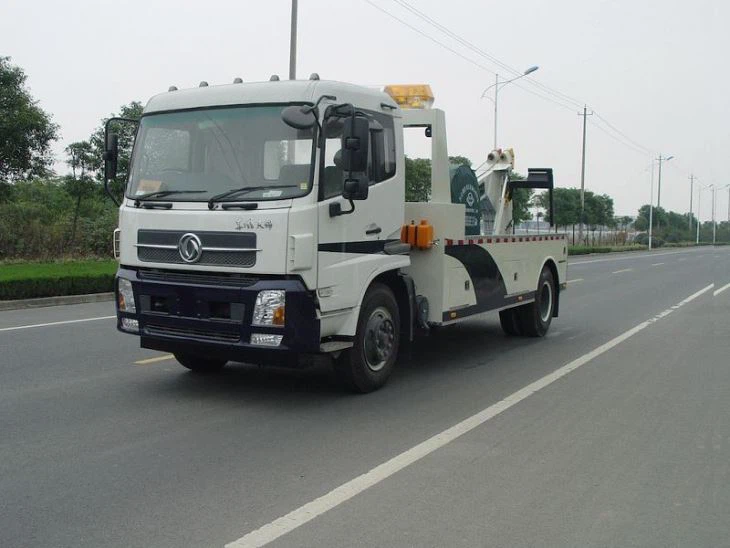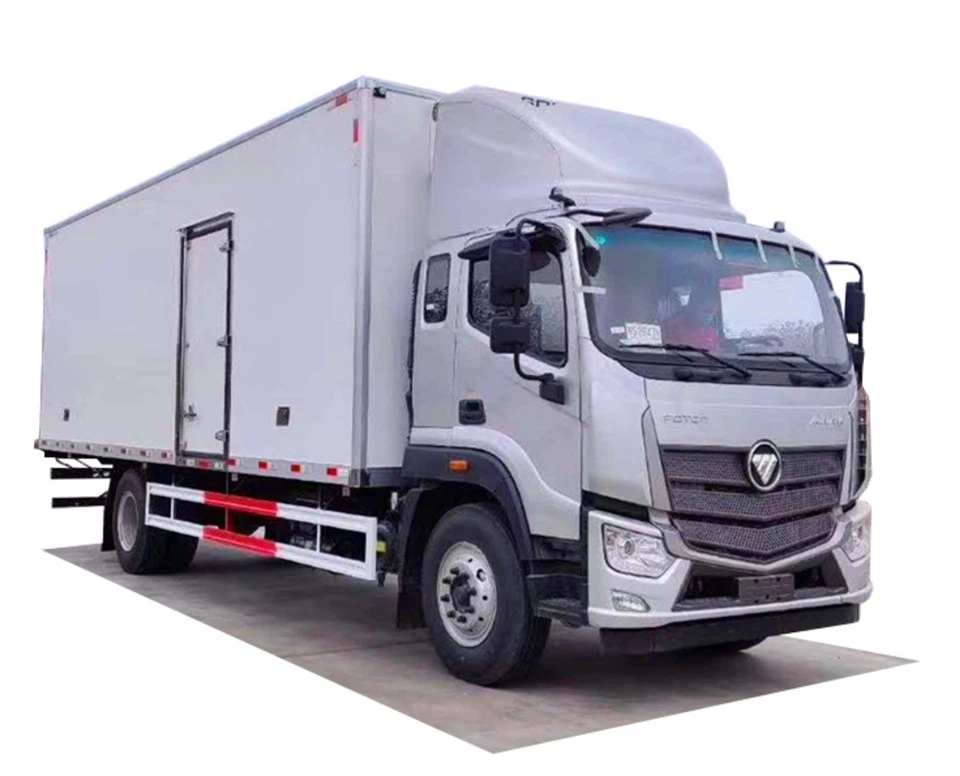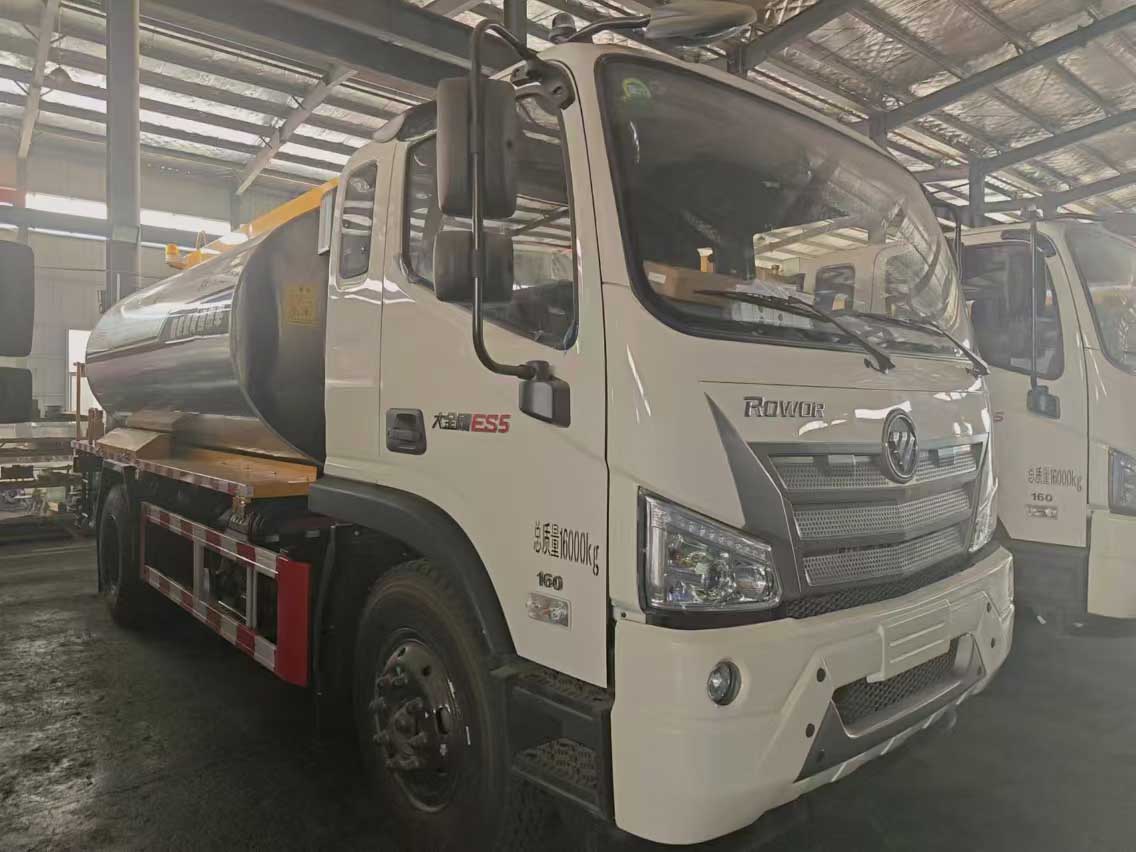Everything You Need to Know About Road Sweeper Trucks

Introduction to Road Sweeper Trucks
Road sweeper trucks play a vital role in maintaining the cleanliness and safety of our streets, highways, and public areas. With their specialized design and powerful cleaning capabilities, these vehicles contribute significantly to urban maintenance and environmental health. In this article, we will explore the various aspects of road sweeper trucks, including types, features, applications, and maintenance tips, ensuring you gain a comprehensive understanding of their significance and operation.
What is a Road Sweeper Truck?
A road sweeper truck is a specialized vehicle designed to clean road surfaces and other outdoor areas. Typically equipped with rotating brushes, vacuum systems, and water tanks, these trucks efficiently remove debris, dirt, and litter from roads. They can be found in urban and rural environments alike, functioning in a variety of settings such as streets, parking lots, and construction sites.

Key Components of a Road Sweeper Truck
- Brush System: Rotating brushes collect debris from the road surface.
- Vacuum System: A powerful vacuum captures loose dirt and trash.
- Water Spray System: Sprays water to control dust and enhance cleaning efficiency.
- Collection Bins: Store the debris collected during the sweeping process.
Types of Road Sweeper Trucks
Road sweeper trucks come in various types, each designed to serve specific cleaning tasks. Here are the main types:
1. Mechanical Road Sweepers
Mechanical road sweepers use rotating brushes to sweep debris into a hopper. They are effective for cleaning hard surfaces and are often seen in urban settings.
2. Vacuum Road Sweepers
These trucks utilize powerful vacuums to suck up dirt and debris. Vacuum road sweepers are especially useful for cleaning fine particles and smaller particles of litter.
3. Regenerative Air Sweepers
This type combines vacuum and air technologies to lift debris from the road without the need for heavy brushes, making them suitable for sensitive surfaces.
4. Compact Road Sweepers
Designed for narrow streets and urban areas with limited access, compact road sweepers are smaller and highly maneuverable.
5. Electric Road Sweepers
With the growing trend towards eco-friendly solutions, electric road sweepers are emerging as quiet and emission-free options for urban cleaning.
Applications of Road Sweeper Trucks
Road sweeper trucks are utilized in a variety of contexts. Here are some key applications:
1. Urban Cleaning
In cities, road sweepers are essential for maintaining clean streets, reducing pollution levels, and enhancing aesthetic appeal.
2. Construction Sites
Construction sites generate a significant amount of debris; road sweepers are used to keep the areas clean, ensuring worker safety and compliance with regulations.
3. Parking Lots
Parking facilities benefit from regular sweeping to prevent litter accumulation and maintain a clean environment for visitors.
4. Special Events
During large events such as festivals or fairs, road sweeper trucks are deployed to manage waste and ensure cleanliness before, during, and after the event.
5. Road Maintenance
Regular sweeping helps extend the life of roads and reduces the cost of repairs by preventing debris buildup that can cause damage.
Features of Modern Road Sweeper Trucks
The latest models of road sweeper trucks are equipped with a range of advanced features that enhance their performance and usability. Here are some notable features:
1. Advanced Filtration Systems
Many modern road sweepers are equipped with advanced filtration systems that allow them to capture fine dust and allergens, promoting better air quality.
2. GPS and Navigation Tools
Integrated GPS systems help operators route efficiently, ensuring that all areas are cleaned systematically and reducing operational costs.

3. Remote Control and Automation
Some advanced models come with remote control capabilities or even automation, allowing for easier operation and reducing the need for manpower.
4. Water Recycling Systems
With environmental sustainability in mind, many road sweepers now feature systems that recycle water for use in the cleaning process, minimizing waste.
Cost Considerations for Road Sweeper Trucks
The cost of acquiring a road sweeper truck varies significantly based on several factors:
1. Type of Sweeper

Mechanical, vacuum, and electric models all come with different price tags, reflecting their technologies and cleaning capabilities.
2. New vs. Used
Purchasing a new truck typically involves higher costs compared to acquiring a used model, but it may come with warranties and modern features.
3. Maintenance Costs
Ongoing operational costs, including fuel, maintenance, and repairs, should also be factored into the total cost of ownership.
Maintenance Tips for Road Sweeper Trucks
Proper maintenance is vital to ensure the longevity and efficiency of road sweeper trucks. Below are essential maintenance tips:
1. Regular Inspections
Conduct frequent inspections of brushes, vacuum systems, and water spray mechanisms to identify wear and replace parts as needed.
2. Clean the Tank and Filters
Keep the collection tank and filters clean to maintain suction power and prevent clogs in the system.
3. Monitor Fluid Levels
Regularly check fluid levels, including engine oil and hydraulic fluids, and top them up as necessary.
4. Seasonal Maintenance
Prepare the sweeper for different seasons by using appropriate settings or features, such as anti-freeze solutions in colder months.
5. Operator Training
Invest in training programs for operators to ensure they understand the machine’s functions and how to care for it properly.
Comparing Road Sweeper Trucks: A Quick Overview
| Type | Key Features | Ideal For | Cost Range |
|---|---|---|---|
| Mechanical Road Sweeper | Rotating brushes, Efficient debris collection | Urban streets | $100,000 – $300,000 |
| Vacuum Road Sweeper | High suction power, Fine particle removal | Parks, Event areas | $120,000 – $300,000 |
| Regenerative Air Sweeper | Air-lifting technology, Less abrasive | Sensitive surfaces | $200,000 – $500,000 |
| Compact Road Sweeper | Maneuverable design, Ideal for tight spaces | Narrow city streets | $50,000 – $150,000 |
| Electric Road Sweeper | Quiet operation, Eco-friendly | Urban areas | $150,000 – $300,000 |
Frequently Asked Questions (FAQ)
1. What is the primary purpose of a road sweeper truck?
The primary purpose of a road sweeper truck is to keep roadways and public areas clean by removing debris, dirt, and litter, thereby enhancing safety and aesthetics.
2. How often should road sweeper trucks be used?
The frequency of use largely depends on the location and the amount of debris. High-traffic urban areas may require daily sweeping, while less frequented areas might need weekly or monthly services.
3. Are electric road sweepers efficient?
Yes, electric road sweepers are efficient and eco-friendly, providing a quiet and emission-free cleaning option for urban environments.
4. Can road sweeper trucks operate at night?
Many road sweeper trucks are designed for nighttime operation, equipped with appropriate lighting to ensure safety and visibility while cleaning during off-peak hours.
5. What are the benefits of using a vacuum road sweeper?
Vacuum road sweepers are particularly effective at removing fine dust and smaller debris, contributing to a cleaner environment and improved air quality.
6. How long do road sweeper trucks last?
With proper maintenance, road sweeper trucks can last between 10 to 15 years, although usage intensity and maintenance quality can significantly affect their longevity.
